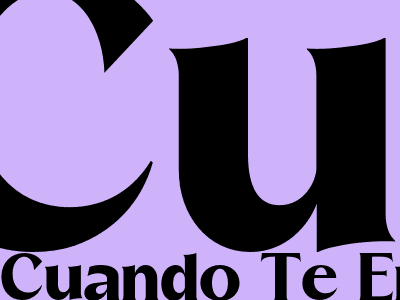
Content Marketing: A Comprehensive Guide
Introduction
Content marketing is a long-term strategy that involves creating and distributing valuable, relevant, and consistent content to attract and retain a clearly defined audience and drive profitable customer action. It's a powerful tool for businesses of all sizes that want to build trust, credibility, and thought leadership while driving traffic, generating leads, and increasing sales.
Benefits of Content Marketing
Content marketing offers numerous benefits, including:
- Increased brand awareness and visibility
- Improved search engine rankings
- Increased website traffic
- More qualified leads
- Increased customer loyalty and retention
- Better ROI than traditional advertising
Types of Content Marketing
There are many different types of content marketing, including:
- Blog posts
- Articles
- Infographics
- Videos
- Podcasts
- Social media posts
- Email newsletters
The Content Marketing Process
The content marketing process involves:
1. Setting goals and objectives
What do you want to achieve with your content marketing? Do you want to increase brand awareness, generate leads, or drive sales? Once you know your goals, you can develop a content strategy that will help you achieve them.
2. Identifying your target audience
Who are you trying to reach with your content? What are their interests and needs? Once you understand your target audience, you can create content that will be relevant and engaging to them.
3. Creating high-quality content
Your content should be well-written, informative, and engaging. It should provide value to your target audience and help them solve their problems. Don't just create content for the sake of creating content - make sure it's worth reading.
4. Promoting your content
Once you've created high-quality content, you need to promote it so that people can find it. There are many different ways to promote your content, including social media, email marketing, and search engine optimization.
5. Tracking and measuring your results
It's important to track and measure your content marketing results so that you can see what's working and what's not. This will help you fine-tune your strategy and get the best possible results.
Conclusion
Content marketing is a powerful tool for businesses of all sizes. By following the steps outlined in this guide, you can create a successful content marketing strategy that will help you achieve your business goals.